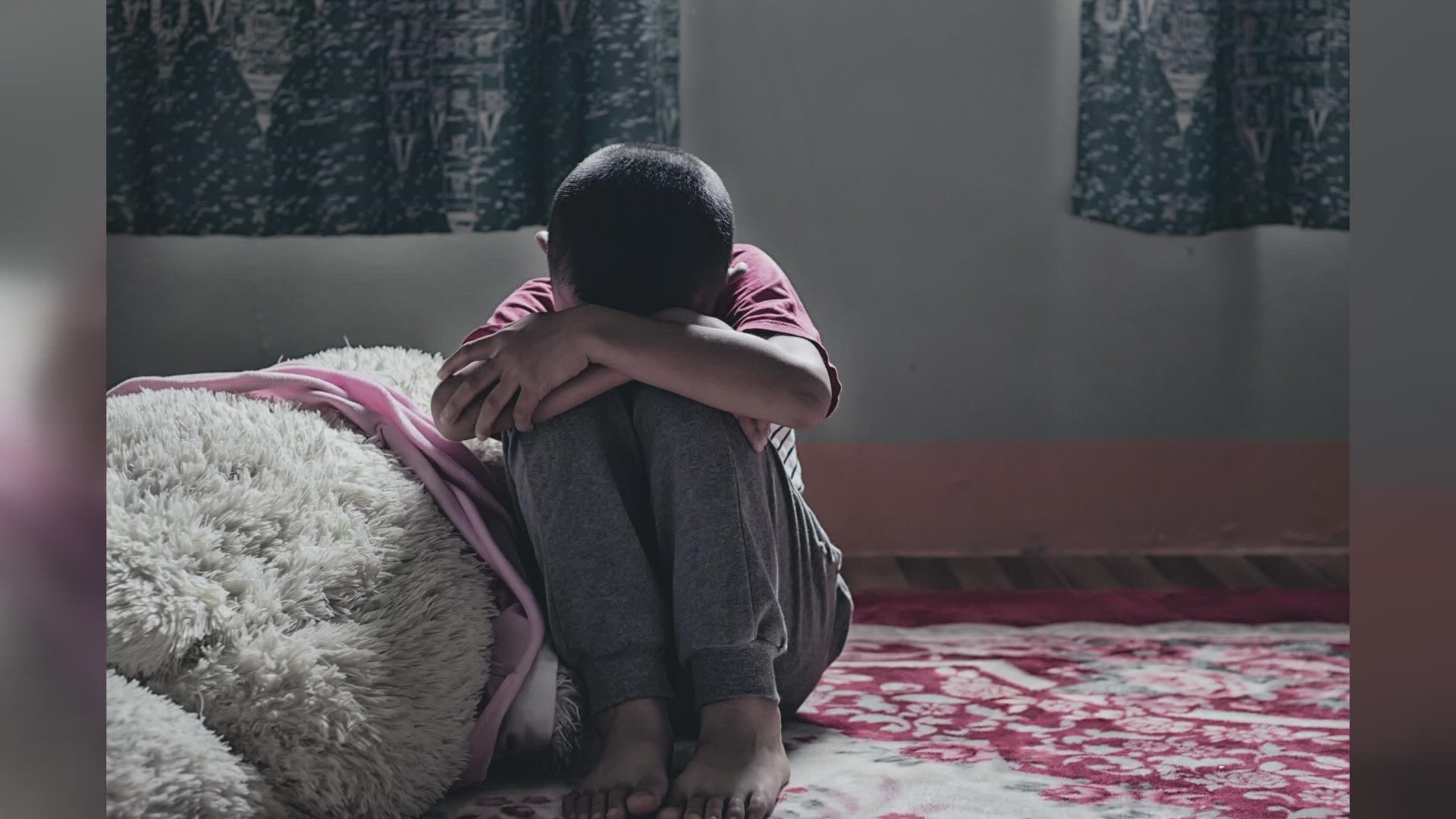MAINE, Maine — April is National Sexual Abuse Awareness month. Sexual abuse experts say one of the goals is for parents to raise awareness early with children, so they can know how to stay safe.
According to statistics gathered by the Maine Department of Health and Human Services, in 2019, approximately 50% of calls to Maine’s sexual assault crisis and support line are related to child sexual abuse.
Approximately 7.5% of Maine high school students (10.8% of girls and 4.0% of boys) reported they had been physically forced to have sexual intercourse.
According to the non-profit, Darkness To Light:
- 25% of girls and 17% of boys are abused before they are 18.
- 90% of abusers are people they already know
- 70% of the victims never tell anyone
- Children are at an increased risk online
- The pandemic has pushed more pedophiles online.
Kimberly King is a parent, author, sexual abuse expert, and advocate. Her goal is to is help parents and caregivers talk about this topic with less stress.
She says it's not easy to talk about preventing child sexual abuse, but it's extremely important to have those conversations with your children.
Here are some ways she suggests talking with children about body safety:
- start by teaching your kids the correct terms of body parts, if they know the correct words, they can report abuse quickly and any adult will understand.
- teach kids that private parts have special boundaries and rules
- King says abuse is never a child's fault, so they should always report to keep them safe.
"All of that has to be supported by very strong communication. Emotional bond with the parent and the child, so that your child knows that no matter what happens they can come to you and tell you and that if it's a sexual abuse-related thing, if it's a red flag, they need to tell you because your job as a parent is to keep them safe and protected," King said.
King says many parents confuse body safety education with sex education, but they are two different things.
"Many parents confuse body safety education with sex education, and they are two very different things. Many parents are like oh we can't talk about sex right now, our kids are 4, that's inappropriate, and each parent has the right to educate their kids on those topics on their own, but I think they confuse that with body safety which is simply procedure policy skills and strategies to keep your child safe," King added.
King is the author of "I Said No!" a book she wrote with her son about red flags and easy-to-understand prevention methods for parents to read along with their kids. A book that talks about body safety rules, consent, and "think, say, do" safety strategies.
King says fear about the topic stops many parents from talking about it, but parents have to find a way to empower their kids with prevention strategies.
If you are interested in learning about classes led by Kimberly King, click here.
King does private family safety consults, camp trainings, and parent workshops in person and on zoom.
King says an educated and empowered family is less of an attractive target to predators.
Click here for more resources.
Click here to learn more statistics about Child Sexual Abuse.

